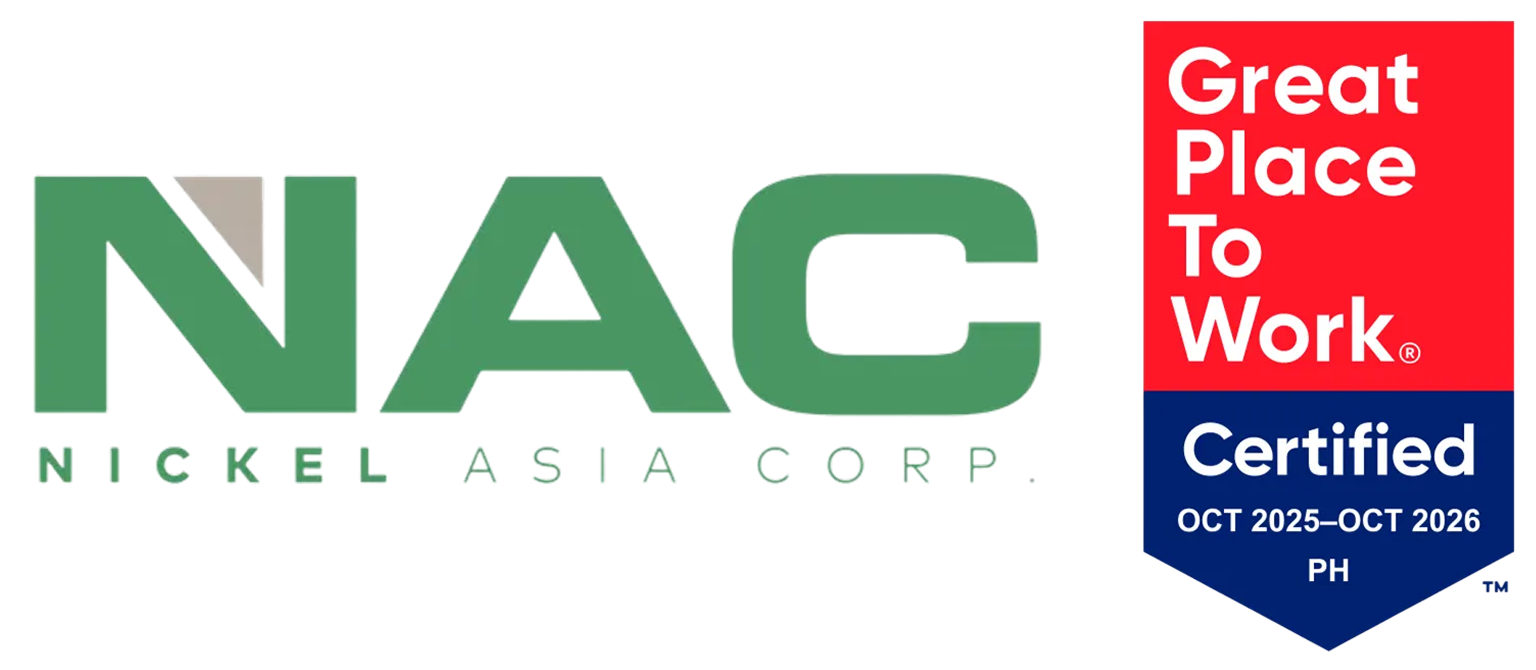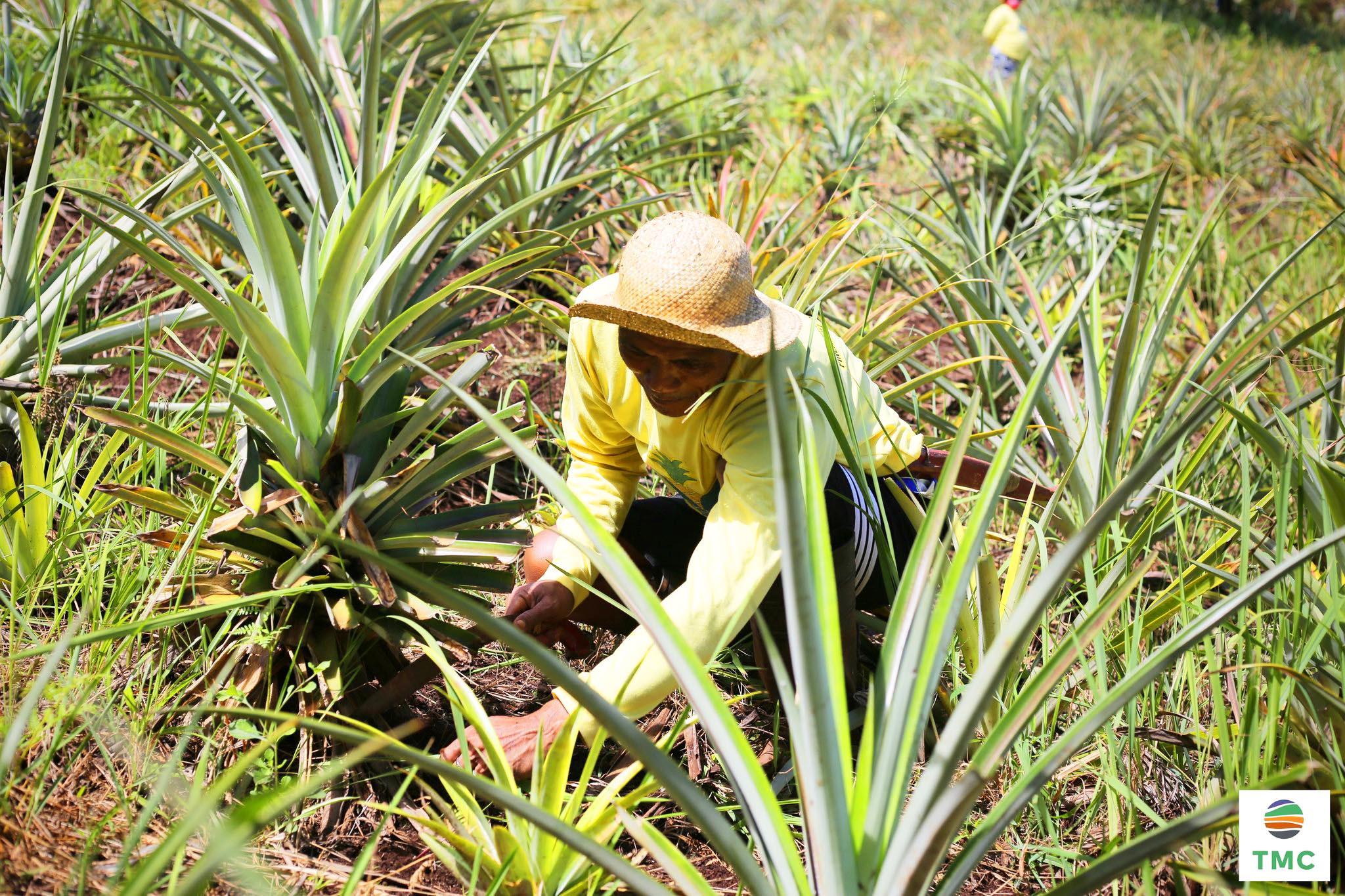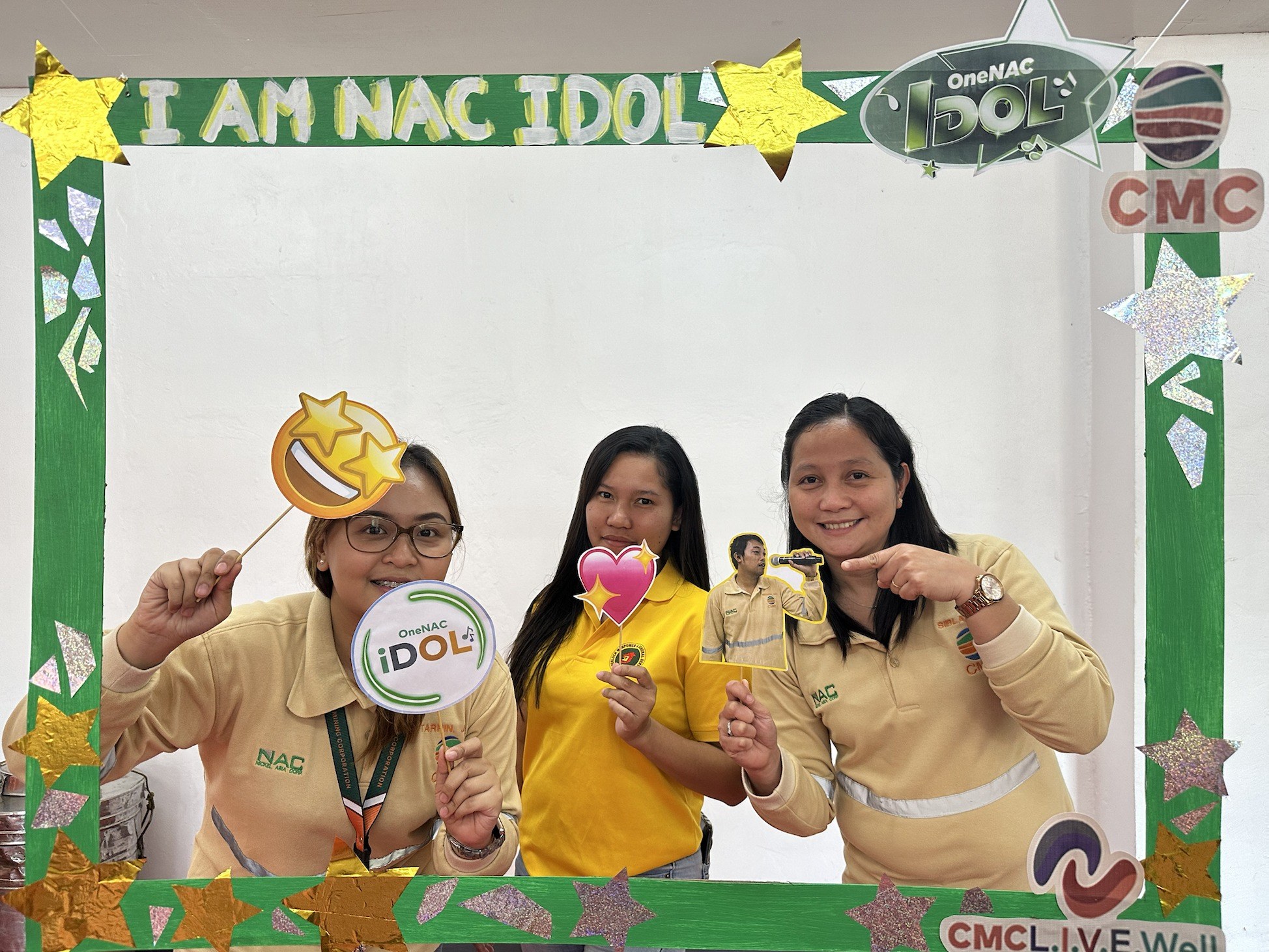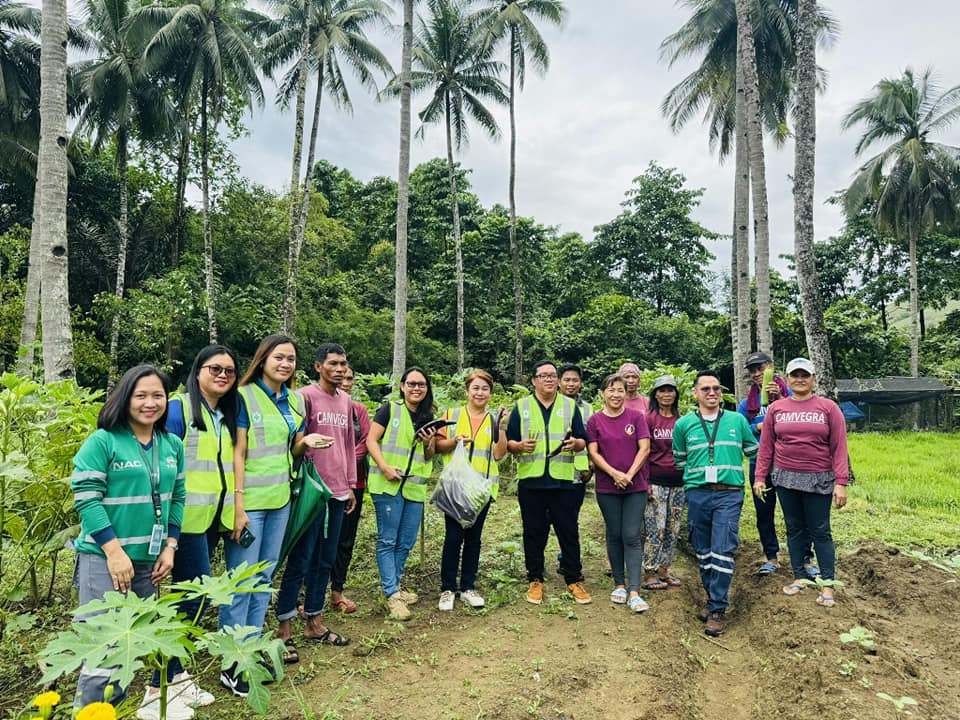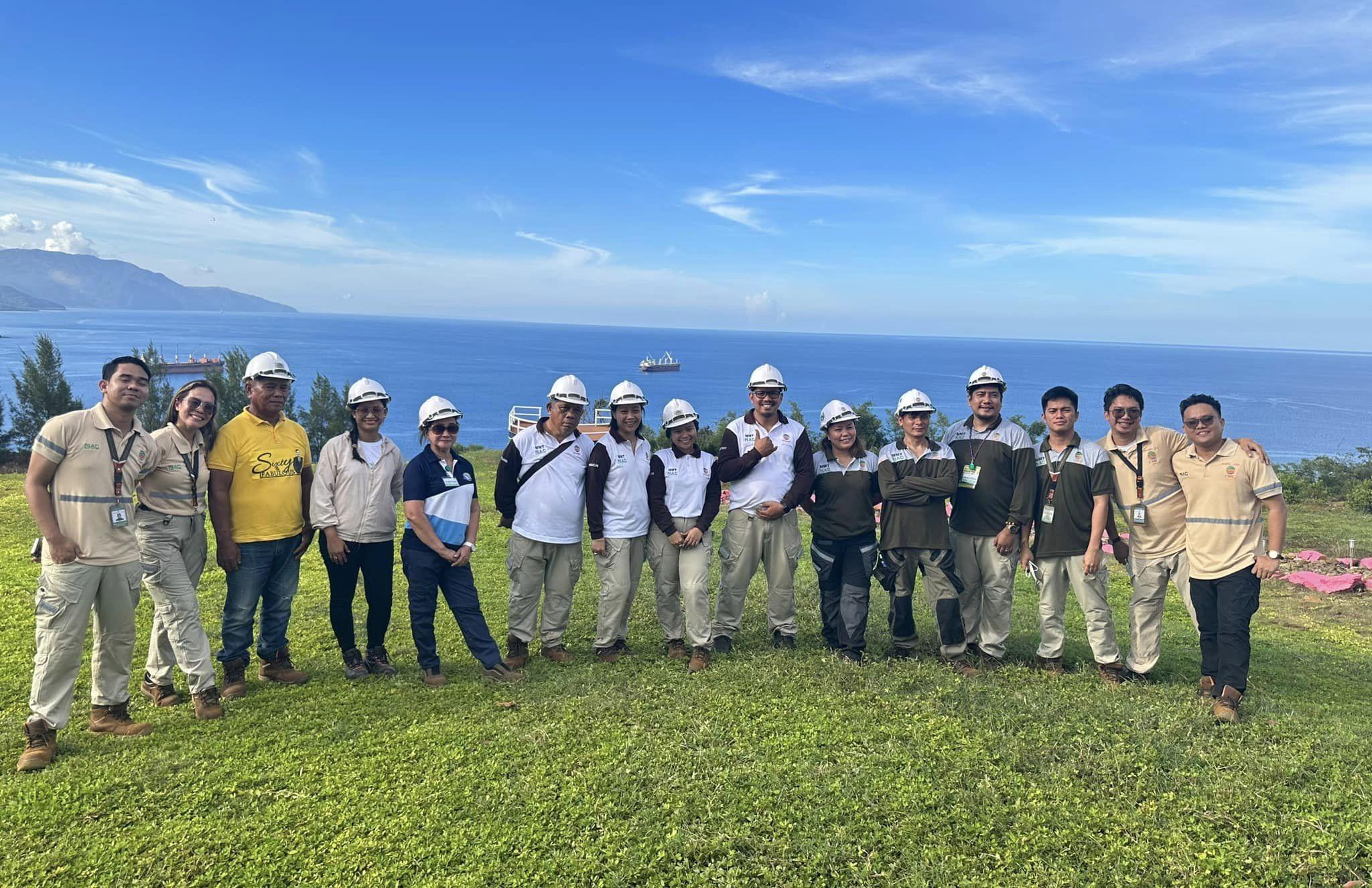As mining is continually reinvented and reimagined, lands of opportunity – the Middle East, North and East Africa, and Central Asia – have huge potential to complement global mining’s transformation, and underline the sector’s importance to economic, social and environmental aims.
Imagine a world without mining. Many people do.
They see mining as environmentally harmful, dangerous to health and wellbeing, and ultimately obsolete as green energy advances.
So the extractive industry has its work cut out to challenge perceptions about a field that it counters is increasingly sustainable and safe.
One that’s absolutely vital to global prosperity, the energy transition and 1.5ºC climate goals, as well as growth for emerging economies.
In short, what could be the world’s best-kept secret must be told: one of the Earth’s oldest industries is also one of the most forward-looking, and most essential to the future.
As mining is continually reinvented and reimagined, lands of opportunity – the Middle East, North and East Africa, and Central Asia – have huge potential to complement global mining’s transformation, and underline the sector’s importance to economic, social and environmental aims.
Mining’s unexpected ally
A key – and unexpected – ally in this quest? Saudi Arabia.
For context, PIF, the nation’s sovereign wealth fund, is driving the economic diversification aims of Vision 2030, the nation’s reform blueprint. While Saudi Arabia is known for hydrocarbons, mining is emerging as an economic pillar, alongside oil/gas and petrochemicals.
Mining could triple its contribution to Saudi GDP from $17 billion to $64 billion by the end of this decade.
Accordingly, Metals and Mining is one of PIF’s 13 target sectors, with its portfolio company, Ma’aden or the Saudi Arabian Mining Company, pioneering the Saudi mining industry.
Now the region’s largest multi-commodity mining and metals company, among the world’s top five best-performing mining companies based on financial results and the top 15 in market capitalization, Ma’aden is focused on some 40 initiatives to enhance value chain resilience; environmental, social and governance (ESG) systems to balance growth with resource stewardship, plus achieve carbon neutrality by 2050; and legal framework transparency for investors.
Adding to the company’s global-player position: the strategically significant Arabian-Nubian Shield, a Precambrian geologic formation spanning nine countries and endowed with world-class, strategic resources.
Hailed as a new exploration frontier, the Shield includes Saudi Arabia’s portion, which alone represents $1.3 trillion in untapped mining potential across more than 48 minerals.
Ma’aden’s fully integrated mining chain includes phosphate, a primary nutrient for photosynthesis and crop growth for a stable global food supply; gold, with a planned million ounces annually to aid socio-economic development; and copper, at the epicenter of electrification as a main component in EVs, batteries and charging stations.
A fast-changing industry
The critical nature of these materials means that mining has been one of the most agile sectors to navigate the covid pandemic, despite extreme volatility and challenging conditions.
This industry continues to become safer, with loss-prevention standards and innovations that protect workers. Autonomous vehicles, robotics, drones and Internet of Things data transmission are limiting or eliminating human activity underground through automation.
Ma’aden is using smart helmets that monitor construction project workers in real time; and harvesting years of data to build predictive models through artificial intelligence and machine learning for optimized operations and cost savings.
Innovation is also transforming mine productivity, with digitization gathering Big Data to guide decision-making, while AI and machine learning set more accurate resource targets and improve efficiency.
Mining is also focusing on processes that mitigate environmental impact.
A recent memorandum of understanding between Ma’aden and top universities and research institutions aims to study new technologies, particularly those that make mining more sustainable.
Using less energy and water will play a huge part in future mining. By 2050, over 90 percent of the water used in Ma’aden’s operations will be recycled to protect Saudi Arabia’s natural underground aquifers.
Rising mineral and metal intensity
But these strides are only part of the story.
Many future industries and global initiatives depend on mining.
Visit any mining school, company or community and you’re likely to hear:
“If you can’t grow it, you have to mine it.”
Without copper, aluminum and silicon chips, for example, there would be no phones or computers. Without potash and phosphates, no fertilizer for crops.
The energy transition certainly needs mining. The world must increase critical mineral output seven-fold to fuel the circular carbon economy.
Without rare earth elements, there could be no wind turbines; without gallium and germanium, no solar panels. Without lithium, no battery-powered electric vehicles.
In 2020, the World Bank’s “Minerals for Climate Action” report noted that graphite, lithium and cobalt production could increase some 500 percent by 2050, specifically for clean energy technologies.
That report also estimates more than 3 billion tons of mined resources are needed for solar, wind, geothermal power and energy storage.
To cap things, the International Energy Agency and other data sources agree that meeting climate-change mitigation goals depends on significantly greater and increasingly sustainable production of copper, cobalt, nickel and lithium.
Along these lines, Ma’aden entered an MoU with GlassPoint, the leader in solar industrial process steam, to build the world’s largest solar thermal plant at Ma’aden’s alumina refinery.
The plant will cut carbon emissions by more than 600,000 tons annually while aiding the transition to green aluminum.
The untold story
Fortunately, lands of opportunity can create a new hub supporting the global industry in the mining value chain and downstream.
The area can also offer enhancements in land access, geology, infrastructure and ease of doing business to foster foreign investment and partnership – one of the reasons the Future Minerals Summit, held annually in Riyadh, promotes these nations for their ability to serve the growing global economy.
As the world population rises to 9 billion by mid-century and emerging middle classes seek a higher quality of life, all energy sources will be needed – adding urgency to the development of mineral-intensive renewables.
For us to bring the world on board, people need to hear about mining’s lessening environmental footprint and better solutions for reuse, recycling and waste management.
They need to know about collaboration in key areas like exploration, development and production for more efficient resource use, as well as digitization for risk reduction, improved safety and lower costs.
And the need to invest in responsible mining that creates long-term economic and social benefits is the bottom line.
Mining, always key to modern life, is essential to growing economies. And it is increasingly positioned to meet growing demand while contributing to a carbon-neutral future.
But first, we need to be more vocal about an industry whose benefits vastly outweigh the challenges.
That’s a secret we must shout from the rooftops.
Robert Wilt is CEO of Ma’aden, the Saudi Arabian Mining Company. He is based in Riyadh.
